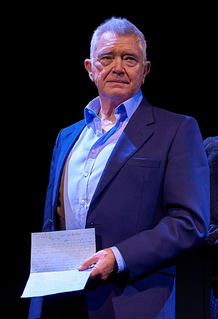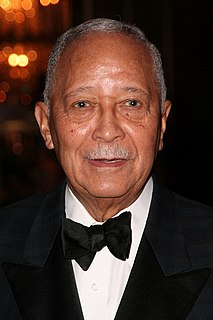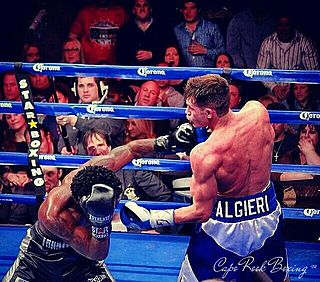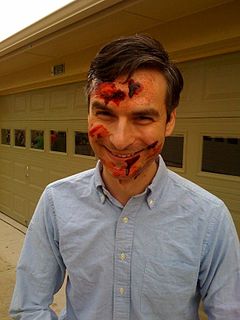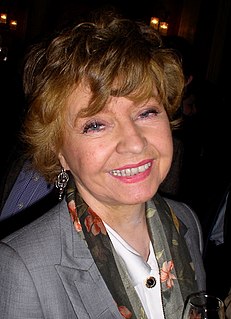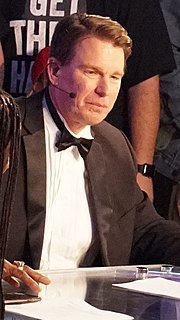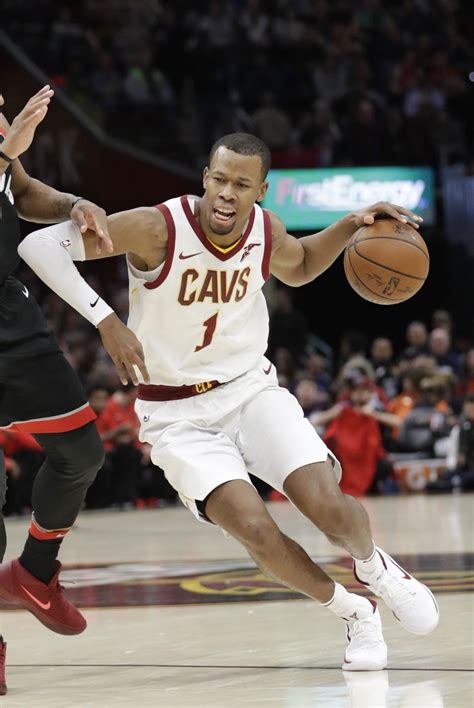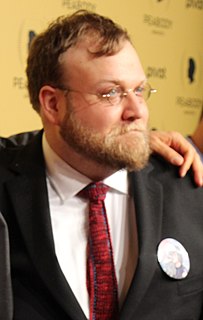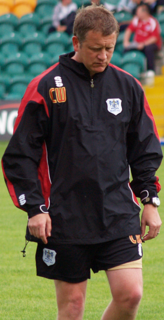A Quote by Doug McMillon
My first job with Walmart was unloading trucks in a warehouse. Then I worked as an assistant manager in a store, and I was lucky enough to get into our buyer-training program. I loved merchandising and had a career path that led me through Sam's Club and Walmart International.
Related Quotes
My very first professional job was with a theatre company in 1965 and the first job they gave me was literally shovelling sh*t. I was an assistant stage manager and they told me to clear out the prop store. I opened it up and no-one had been in there for 25 years and it was inches deep in rat sh*t. So before I could get anywhere I had to clear it up. I thought, 'All these years of training, the best drama school in the world, and this is what I'm doing.'
I only worked on that one movie, but then quickly realized that the path of being an assistant director was not gonna get me to producing. It's a different path coming up through production management and then line producing. So I basically was in the position where I was going to take any job that felt creative, like the one I got, which was reading scripts and writing coverage. So even though I was taking a job where I was making less money than the job immediately prior, it seemed like the right thing for me.
After finishing art school I was applying to stores like Home Depot and Walmart. You know, places where you have to take a urine test before you get your minimum wage. Even those places wouldn't hire me. So I was lucky when I got included in a group show at the Richard Heller gallery that kind of started my art career.
I proceeded to prove everybody right as to how bad an economics student I was by failing as an assistant manager in every theatre I went to that hired me, both as an assistant manager and as an actor. I lost money and tickets, and I couldn't keep track of anything. So eventually they fired me from assistant-manager jobs, but kept me on as an actor.
I didn't have any terrible survival jobs. The main job I had before I was able to transition over to acting full-time was working at an after-school program at a middle school teaching improv and standup. So even when I had a regular job, I was still lucky enough to be doing the stuff I loved in some way.

